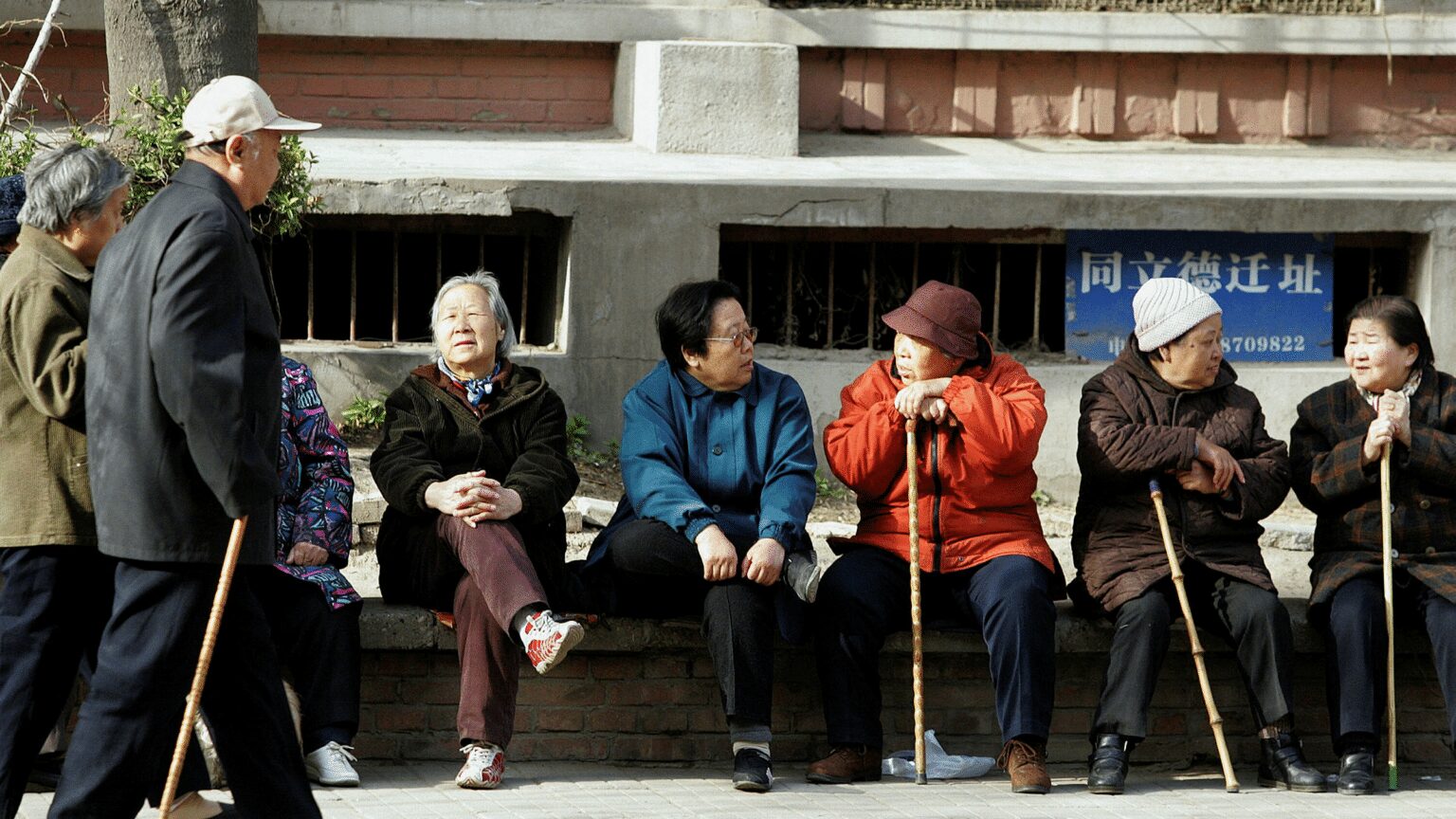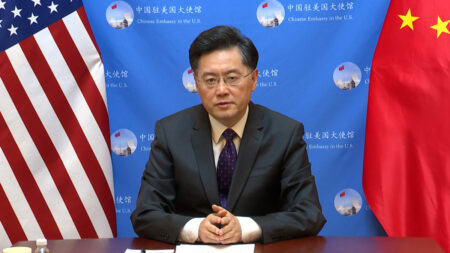As China’s population is ageing faster than any other country in the world, the government is planning to increase its retirement age gradually according to media outlets. At present, China’s retirement age stands at 60 and 55 for the male and female populations respectively.

The controversial one-child policy introduced by the government of China in 1979 to curb the country’s growing population was scrapped in 2015, and another policy was introduced, the two-child policy, to deal with the aging problem. In May 2021, the government introduced “three-child policy” in a further attempt to tackle the same issue by encouraging the young population to get married and have more children.

In 2019, 254 million people in China were over the age of 60 and that number is likely to grow to 402 million, or about 28% of the population in 2024. These changes are having serious implication for public health in China, as increased demand on the health and social care systems puts a huge burden on the Chinese government.
Jin Weigang, president of the Chinese Academy of Labor and Social Security, said China was aiming to have a “progressive, flexible, and differentiated path to raising the retirement age.” This suggested that the retirement age will initially be delayed for just a couple of months, but that can later be increased in phases.
He also stated that the reform would allow people to choose when they want to retire according to their circumstances and economic conditions.
The ageing population also affects the Chinese economy as it defers, labor productivity which ultimately hampers economic growth. With an increase in the number of retirees and a decrease in number of taxpayers, the government will be forced to expand fund allocation, pensions and social assistance, which will affect the state budget.
According to reports, China’s GDP has taken a downturn after the pandemic; the growth was only 3% last year. The set target growth for 2024 is 5%, which is lower than that of last year (5.5%). On the other hand, life expectancy has increased from 44 years in 1960 to 77.47 years as of 2024.

Many analysts stated that raising the retirement age would not have a big impact on China’s workforce. Even though it would allow men to remain in better paid jobs, which might support productivity, for working mothers it would delay their access to pension benefits, which makes it harder for them to work. And it could lead to a further decline in the fertility rate.
It was expected that Xi Jinping would introduce new policies to tackle the issue, but as of now, no official announcement has been made by the government, but it is reported that rigorous studies and analyses will be conducted to ensure policy is implemented prudently.
ALSO READ: China to reopen borders for the first time since 2020













